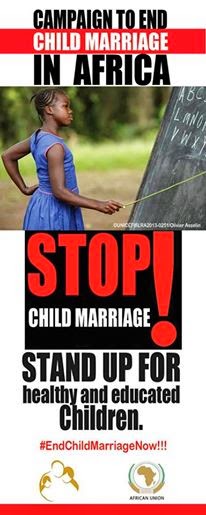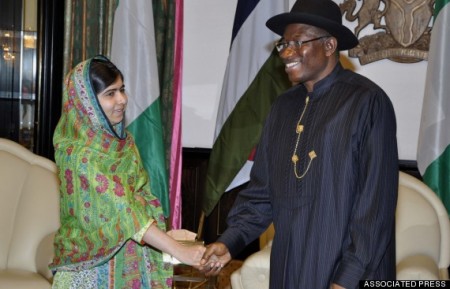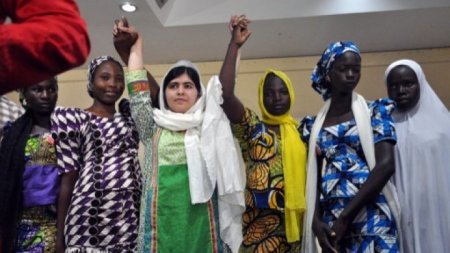Filming - A practical guide to filming in Kenya
Overview
Kenya is one of the most beautiful countries in the world and currently makes around $1bn a year from tourism.
In terms of specific advice on filming in Kenya, the first port of call should be the
Kenya Film Commission (KFC). Launched in 2006, the KFC - with support from the Kenya Tourism Board - acts as a bridge between foreign producers and relevant government ministries, negotiating reductions and waivers in licensing and location fees. It also acts as the focal point for enquiries about local crew and equipment availability. KFC can also advise on the possibility of free/reduced price flights through Kenya Airways and hotels/transport discounts.
In July 2014, plans were announced for a national film policy, which would ease the path for foreign filmmakers and attract more overseas producers.
Kenyan capital
Nairobi is the heart of the Kenyan production industry and also acts as a hub for the East African region. In terms of regional competition, Kenya is slightly more expensive than
South Africa and doesn’t have the benefit of tax breaks.
But anyone visiting the country right now (summer 2014) needs to be acutely aware of the risk posed by terrorism and high levels of violent crime and robberies, making it a challenging place to visit.
Anyone considering filming there should check out the latest advice from their foreign office before committing themselves.
Recent Productions
Reese Witherspoon’s 2014 film The Good Lie tells the story of an American woman who takes in a Sudanese refugee. Most of it is filmed
in the US and South Africa, with the latter doubling for a refugee camp in Northern Kenya. However some sequences were shot in Kenya and serviced by Blue Sky Films.
For companies serious about filming in Kenya,
Blue Sky would be a useful point of contact providing accurate, up-to-date advice. During their 18 years in the business they have worked on several films including The Constant Gardener and Tomb Raider 2.
Their work has also included numerous commercials for clients such as Guinness, Coca Cola, Lyons Tea and Johnnie Walker.
The need for authenticity sometimes works in Kenya’s favour. For example, Goodcop recently filmed a commercial for South African telecoms firm MTN that focused on the way coffee gets from the farm to the mug. This involved filming just outside Nairobi. Kenya was also recently used as a double for Ghana in a commercial for Windhoek Lager featuring Didier Drogba.
In 2013, the KFC signed a memorandum of understanding with South Africa’s
Film & Video Foundation to encourage more production collaboration between Kenya and South Africa.
Permits
The KFC says: “Special passes for international filming crew are issued by the Department of Immigration. The special passes or work permits are available for 15,000 Kenyan Shillings (US$170). Application requirements need to be forwarded to the Department by the film agent who is facilitating the international film production.”
This local film agent is also required to secure a filming licence from the Department of Film Services (DFS). The cost of this licence varies depending on the production and number of shoot days involved. Processing a film licence can take anywhere around three days.
Location permits are typically issued by local authorities. Because there are no fixed fees, this is another situation where an experienced local production partner is invaluable. Shooting in Nairobi is possible but requires planning, according to Emerge Film Solutions.“Shooting in the Nairobi business district or on city streets requires an additional permit.
"Shutting city streets requires at least two weeks to permit. Additional clearances may be required by NEMA (Environment), CID (National Security) and other agencies should you wish to film in sensitive areas etc.”
Studios
The main studio site is run by
Film Studios Kenya. In 2012 there were reports that it had been sold to South Africa’s SuperSport, though in reality SuperSport simply came on board as an anchor tenant.
Explaining the situation, James Ndaiga, a senior manager at the studios, told the Kenya Film Television and Producers Association: “Film Studios Kenya Ltd has concluded an agreement with SuperSport to utilise facilities and space within the Film Studios complex. This does not mean we have sold the company. Film Studios is here to stay and continues to grow further in the region beyond our borders. SuperSport has initiated development plans that include construction of ultra-modern new studios together with more office facilities.
"These are not for their sole use but there will be complete fitted studios available to the local industry for hire. All equipment in these studios is being upgraded and new lighting equipment and grip equipment is being installed and maintained by Film Studios. SuperSport is engaging new talent in the industry and training them in the process. There are over 200 local Kenyan crew and support staff who have been given this opportunity.”
There have been reports that the Kenya Film Commission is seeking to establish a new studio at Konza City on the Mombasa highway, but this project has not advanced very far.
Locations
As referenced above, Kenya is a spectacular country offering a wide array of location types. Close to capital city Nairobi there are national parks and wildlife reserves, mountains, desert, savannah, lakes, farms and colonial houses. Within the city itself there is a mix of locations including a business district, industrial neighborhoods and poor slums.
Further out from Nairobi are volcanoes, rainforests, waterfalls, beaches as well as more mountains/savannah/deserts. Locations of particular interest include Mount Kenya National Park and the port city of Mombasa, though it’s worth pointing out that Mombasa has been a key target for attacks by regional terrorist groups.
In term of climate, Kenya sits on the equator so is invariably warm to hot. March and April are the main rainy months though it can also be extremely wet in October and November. This needs to be considered, because some roads are not paved and are slow-going when the wet weather arrives.
Equipment
The key to a successful shoot in Kenya is to work via one of the country’s local production services companies, which are typically based in Nairobi.
Examples include
Dreamcatcher and
Blue Sky. Blue Sky, for example, says it can provide access to crews with experience in features, television, commercials, documentaries, music videos and wildlife filming – across a range of budgetary bands. On equipment, Blue Sky Films says equipment rental houses “pride themselves with being up-to-date with the latest technologies from digital to high definition broadcast solutions. However, if you would like to bring in your own equipment, we are able to facilitate speedy importation.”
For lighting, grip, generator and crews, you could also try Film Studios Kenya in Nairobi.
It’s worth noting that some companies work across the entire sub-Saharan African region. Cape Town-based Moonlighting can facilitate productions across East Africa (including Kenya).
In terms of casting, Kenya is an international hub, which means it is possible to find a diverse range of nationalities/looks.















